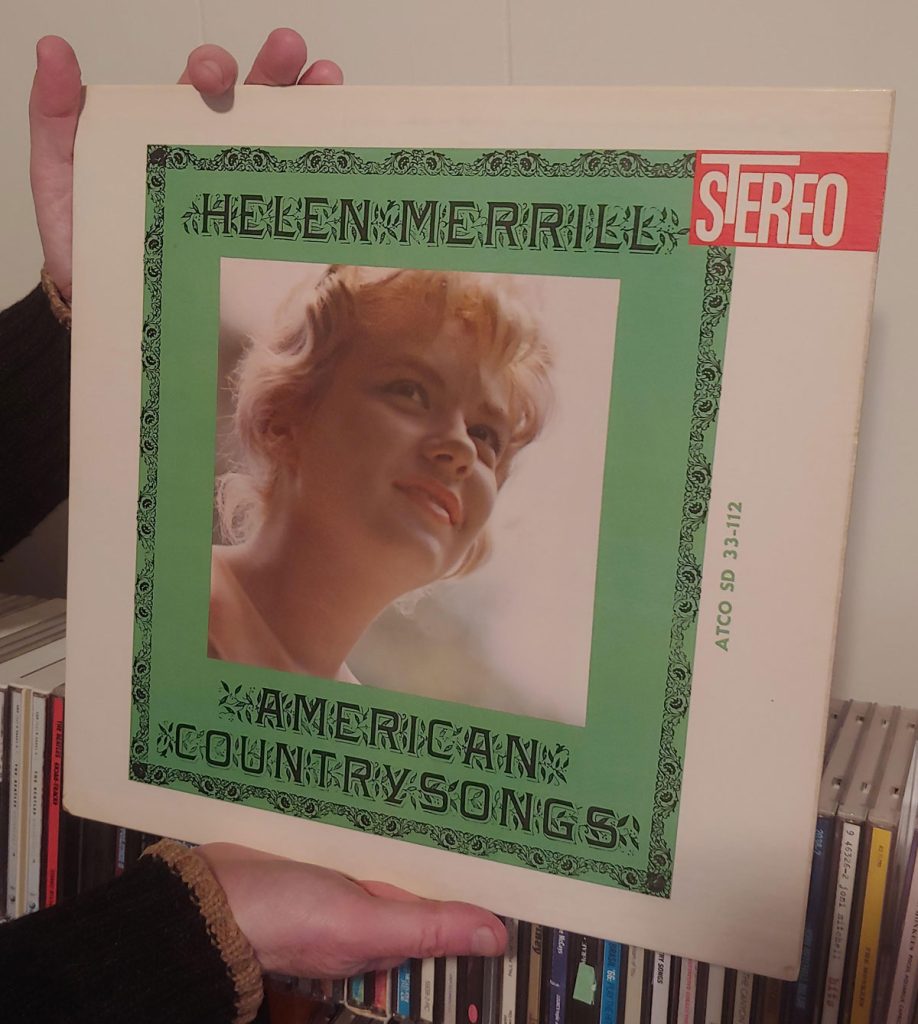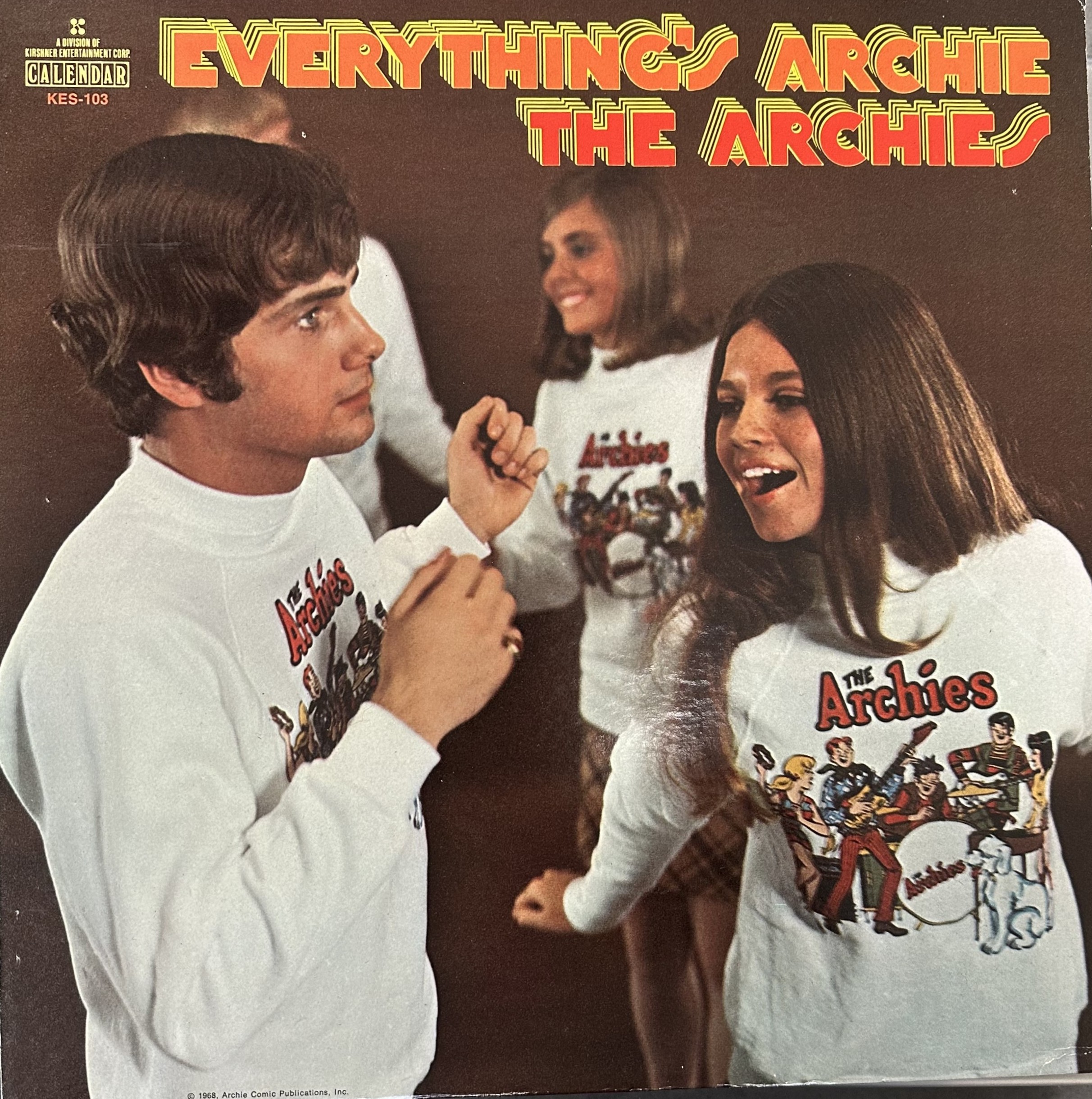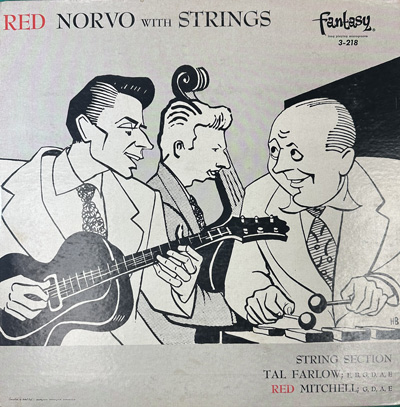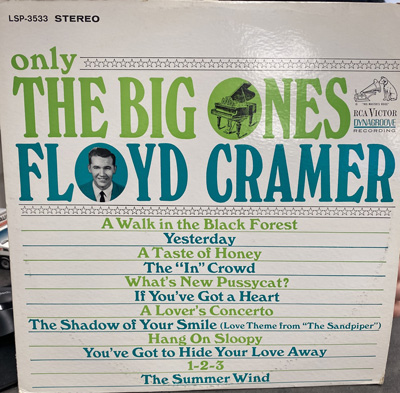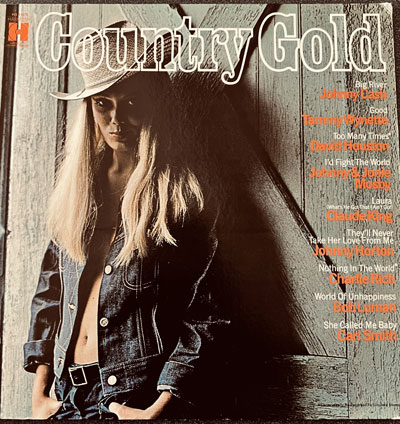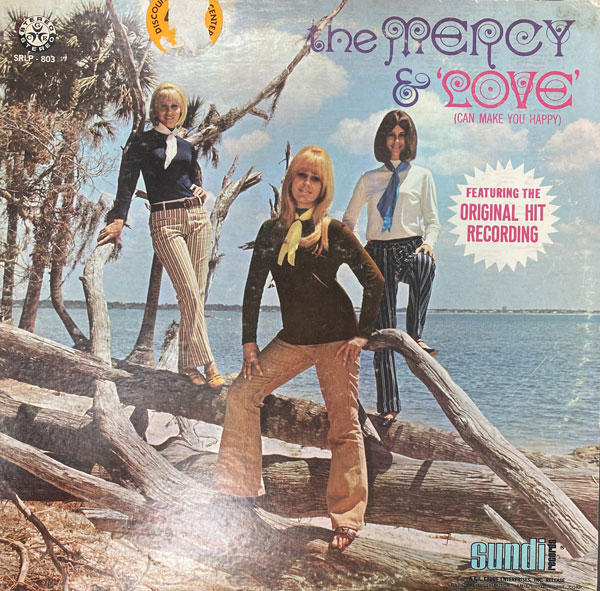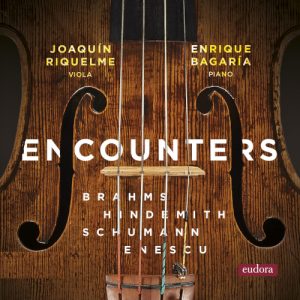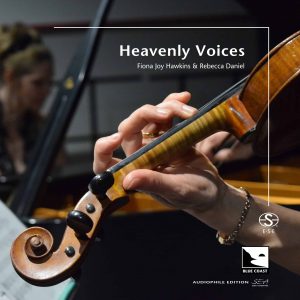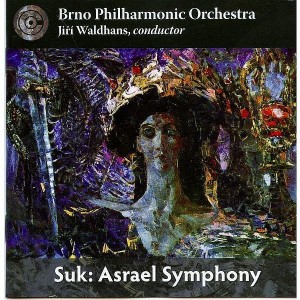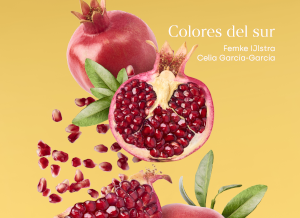Helen Merrill isn't my favorite female jazz singer, as that designation belongs to June Christy. Having said this, I really like the two Merrill albums that I own. They are the Gil Evans arranged Dream Of You (Emarcy MG 36078) from 1957, and the Chuck Sagle arranged American Country Songs from 1959 (Atco SD 33-112). One quality that I particularly love about Merrill is her ability to balance youthful exuberance with a remarkably mature understanding of jazz. Like Elvis, who combined teenage exuberance with an innate understanding of the blues, Merrill approaches jazz in this same manner.
Country songs have been fodder for mainstream singers since the advent of the LP, and probably a lot longer. Artists as varied as Tony Bennett and James Brown recorded Hank Williams songs, and Willie Nelson's lyrics show up in the strangest places, like on Tom Jones and Al Green records. However, few non-country singers, outside of Ray Charles, have recorded entire albums of country songs, and one of the few who did is Helen Merrill. I was shocked when I first encountered a mono copy of this album in a thrift shop. Helen Merrill on Atco? Helen Merrill sings Hank Williams and Eddy Arnold? OK, it's perverse, but for me it's an experiment. Some of it works and some of it doesn't, but the cuts that work are magical. Bending instrumental country music into jazz isn't a stretch, but doing it with a vocal is a challenge. For sure, there are bumps in the road, but this road has interesting turnoffs, and it is those turnoffs that I want to discuss.
Side one opens with an Everly Brothers penned song that simply doesn't work. As much as I like the Everly Brothers, their original recording of "Maybe Tomorrow" is a difficult listen, and Merrill makes the listening more difficult. This is why I start the album on cut two with the Hank Williams classic, "I'm So Lonesome I Could Cry." One of the greatest traits of this album is its sparse arrangements. Open space is a pleasing alternative to fusion and gravel-spitting bop, and it's open space that makes this cut work. The cut opens with relaxed syncopation from Ed Shaughnessy's snare and Mundel Lowe's perfectly placed guitar licks. They are soon accompanied by Merrill's sultry vocals. There's a small string section (three violins, a viola, and a cello) that plays punctuated lines, giving the song momentum. The end result is a perfect example of the lonesome sound that is so vital to vintage country music. I learned the song from B.J. Thomas, and later I learned Hank's original, and now I have three ways to love this song.
Cut three is "You Don't Know Me," penned by Cindy Walker and Eddy Arnold, and made famous by Eddy Arnold and Ray Charles. The strings are much more prominent on this cut, and it doesn't pretend to be jazz. It's a classic love song, one of the greatest ever written, and Helen Merrill sings it so well that you won't even notice that the jazz experiment has been halted for two minutes and nine seconds.
The last cut on side one is a crazy cut called "I'm Just Here To Get My Baby Out Of Jail." I call it "crazy" because Merrill and her band are having what sounds like some crazy fun. I don't think they're taking the song seriously, and neither do I, as the song is rather silly, but it's too fun to skip, and it's also one of the better sounding cuts on the album. Merrill is a big part of what makes this cut work. She sounds like she's about to break into laughter, but she keeps her cool. The guitarist, the drummer, and the bass player also play it cool, and in doing so, they give Merrill the responsibility of making the song work, and her humor, timing, and great voice make it work perfectly. Another thing that I find crazy about this song is that I've never heard another version, despite the fact that it's been recorded countless times. It was a minor hit for the Everly Brothers, so I listened to their version on YouTube and I don't like it. Helen (we're on a first name basis now) brings the song to life. Phil and Don buried it.
Side two opens with a slowed down cover of Eddy Arnold's 1948 hit, "A Heart Full Of Love." Eddy's version is magical, and to my ears Helen is too slow. Cut two is a much better way to start the second side. Helen slams the ball out of the park with a gorgeous version of Hank Williams' "Cold, Cold Heart." A countless number of people have recorded it, and Tony Bennett had the biggest hit with it. Tony's 1951 recording was loved by an entire generation of people who didn't know the name Hank Williams. Tony's record is the kind of greasy stuff that sold a lot of records. My favorite version is by the greatest country singer of all time, Ray Price. Ray's version is very lonesome, and there are times when all I want to do is crawl into his dim lit honkytonk corner. Helen puts her tears on her pillow while Ray cries in his beer. I'm glad to own both versions, and, of course, Hank's original.
Cut three is just plain goofy. I like it for its perverse nature, but not much beyond that. Helen does a credible version of the Everly Brothers' hit "Devoted To You." She sings the low voice and the high voice by having her voice double tracked. Phil and Don made it a classic, while Helen makes you wonder why she chose it. However, I do admit to liking it, albeit just a little.
Side two cut five is another Eddy Arnold hit from 1948 called "Any Time." The song dates back to 1924, but the version that plays in the heads of the generation before mine belongs to Eddy, and I adore his record. Helen sings it bluesy and a little sassy. I really like it, and I like the guitar playing, which is either Mundel Lowe or studio legend Bill Suyker. "Any Time" is followed by the closing cut, a great interpretation of the Hank Williams classic "Half As Much." Rosemary Clooney had a good sized hit with this song, but with all due respect to Rosie, Helen brings out the soul that Rosie glossed over.
The sound of this album is good, and sometimes great. The cuts vary in sound, as they come from two, or possibly three, sessions. The electric guitar is magnificent in its clarity, especially on the CD, and Helen's voice is clear, with just a touch of old fashioned analog reverb, most likely from a live chamber. The soundstage is fairly wide, as the instruments were not recorded in so-called "purist" stereo, which places the instruments in front of each other. What we have here is separated-instruments stereo, which always sounds better with jazz.
The CD is an import from Japan, and it offers an interesting sonic alternative to the LP. It's more of an honest representation of a master tape, and therefore some cuts sound better, while other cuts are a little too honest with their accurate reproduction of mic preamp and tape overload. Recording engineer Tom Dowd was one of the innovators in stereo sound, but his stereo experiments were often performed at the expense of the listener. Coltrane's Giant Steps, also a Dowd recording, has the same stereo imagery and tape overload issues. ORG's 45 RPM Coltrane and Helen's Japanese CD clearly emanate from the same studio, as both were transferred with the full width of the mastertape, while the LPs of both titles, typical of Atlantic jazz, have reduced separation. In Helen's case, the guitar is better reproduced on the CD, but some people may prefer the richness of the LP for her voice. I'm torn, so I'm glad I own both versions.




